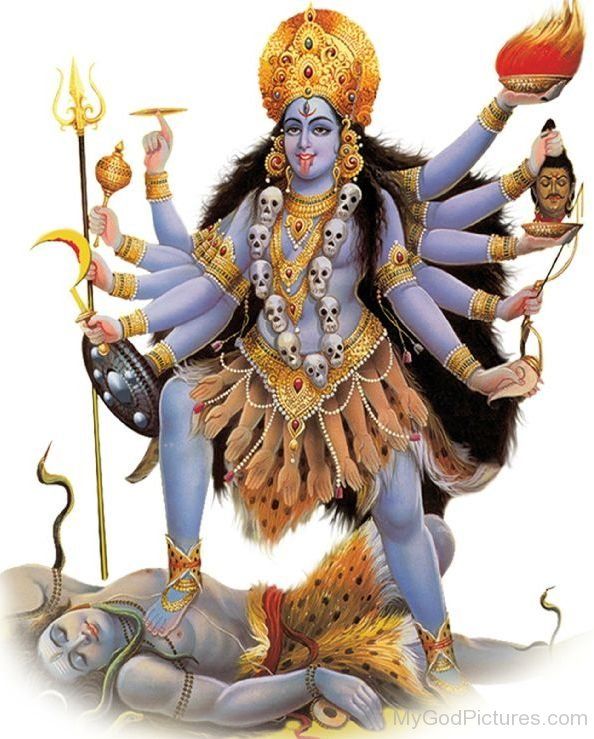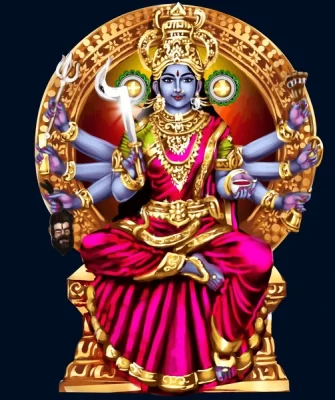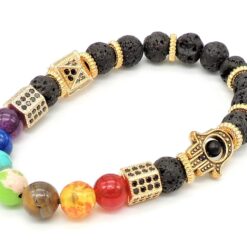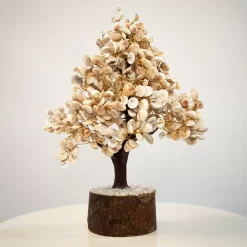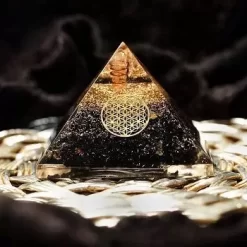Wavs
Bhadrakali
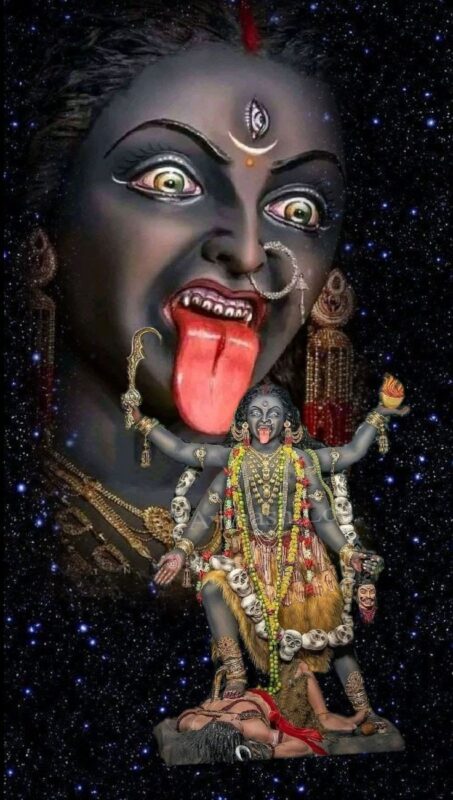
Bhadrakali: The Fierce Goddess of Protection and Empowerment
Bhadrakali, a powerful and fierce deity in Hindu mythology, embodies the divine feminine force in its most intense and protective form. Revered primarily in Southern India, particularly in Kerala, she is considered an incarnation of Goddess Parvati, embodying aspects of Kali, the goddess of destruction and transformation.
Mythological Roots and Symbolism
According to legends, Bhadrakali emerged from the wrath of Devi Parvati during her battle against the demon Daruka. Her appearance is described as fearsome, with a dark complexion, adorned with weapons, and standing atop a lion or tiger. This symbolism represents her role as a protector and warrior goddess who fiercely defends her devotees against evil forces and negativity.
Attributes and Iconography
Bhadrakali is often depicted with multiple arms, each holding weapons such as a sword, trident, and shield, symbolizing her readiness to combat threats and uphold justice. Her iconography also includes a severed head, signifying the triumph over ego and ignorance. Devotees worship her seeking protection, courage, and empowerment in facing life’s challenges.
Devotional Practices and Rituals
Devotees of Bhadrakali engage in intense rituals and ceremonies to invoke her blessings. These rituals may involve elaborate pujas (worship ceremonies), offerings of red flowers, incense, and animal sacrifices in certain traditions. Her temples, such as the renowned Kodungallur Bhagavathy Temple in Kerala, attract devotees seeking her divine intervention and guidance.
Spiritual Significance
Bhadrakali’s worship is not limited to rituals but extends to spiritual practices aimed at inner transformation and empowerment. Her fierce yet compassionate nature inspires devotees to confront their fears, overcome obstacles, and embrace their inner strength and resilience.
Cultural Impact and Reverence
In Kerala and other regions where she is worshipped, Bhadrakali holds a significant place in cultural festivals and traditions. During festivals like Kaliyattam and Bharani, devotees participate in processions and rituals that highlight her role as a protector and liberator.
Contemporary Relevance
Bhadrakali’s relevance transcends centuries, resonating with individuals seeking protection, empowerment, and spiritual growth. Her mythology and symbolism continue to inspire devotion and reverence among followers, affirming her as a symbol of feminine power, courage, and fierce compassion in the pantheon of Hindu goddesses.
In conclusion, Bhadrakali stands as a formidable deity embodying the essence of protection, empowerment, and divine grace. Her worship underscores the timeless ideals of courage, justice, and spiritual liberation, making her a revered figure among devotees seeking strength and guidance in their spiritual and worldly pursuits.
